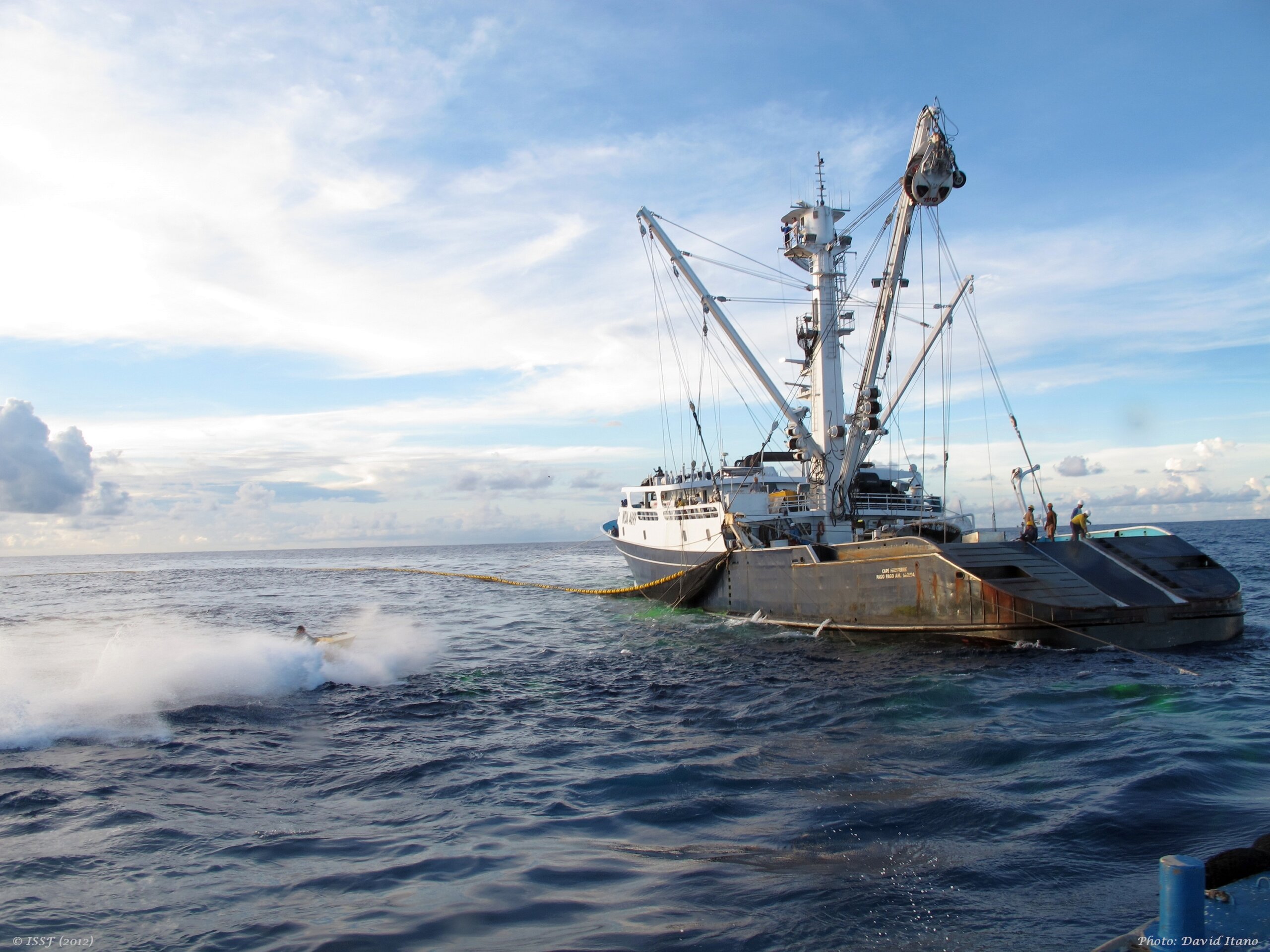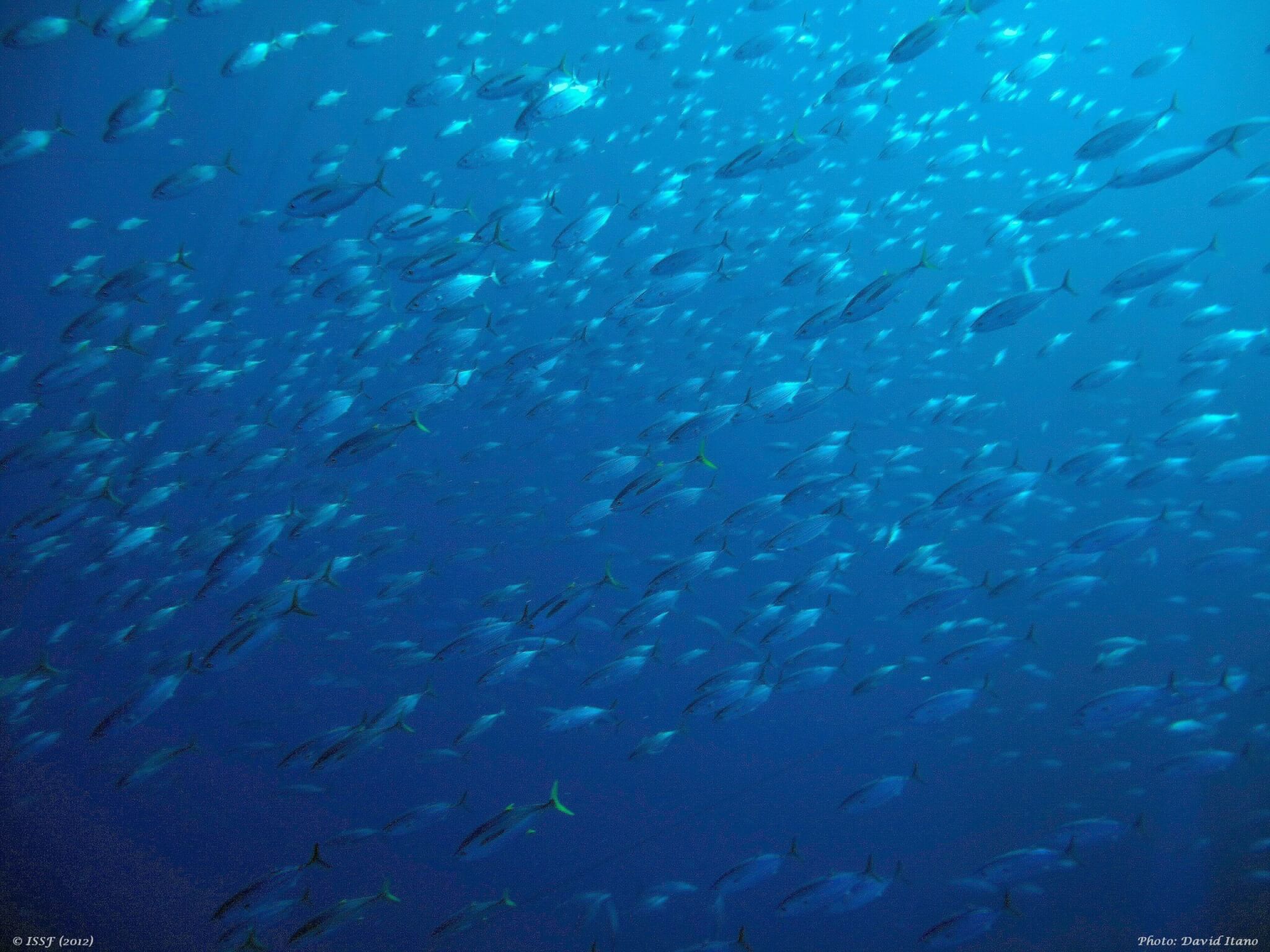More Harvest Strategies for More Tuna Stocks | NEW ISSF Scientist Blog
Featured Content
More Harvest Strategies for More Stocks Can Help Fisheries Managers Mitigate Political Pressure and Climate Change Impacts on Global Tuna Fisheries
With 4.8 million tonnes caught annually, tuna are one of the world’s most popular and nutritious seafood species, fundamental to global food security and serving as an economic engine for many coastal communities. It is essential that the regional fisheries management organizations (RFMOs), charged with overseeing the world’s tuna fisheries, identify and implement tools for the long-term, sustainable management of global tuna resources.
Harvest strategies, also known as management procedures, are one such proven tool available to RFMOs. Yet these management frameworks are in place for only a handful of the 23 commercial tuna stocks. ISSF continues to advocate that tuna RFMOs establish harvest strategies for more tuna stocks—because closing this gap will help fisheries managers mitigate both the political pressures and climate change impacts on global fisheries.
Read the complete guest blog by ISSF Senior Scientist Hilario Murua written for harveststrategies.org.
Featured Resource
Peer-Reviewed Articles
In addition to sharing research findings and analysis in ISSF reports, our scientists and advocacy experts co-author peer-reviewed articles in leading journals.
See a complete list of peer-reviewed articles co-authored by our Staff, Scientific Advisory Committee members, or other scientists whose projects were partially or fully funded by ISSF.
ICYMI
Priorities for Tuna Fisheries Management in 2024
To shape RFMO discussion and decision-making, ISSF’s science and advocacy experts have outlined their concerns and advice for 2024. An updated ISSF web page offers an overview.
Did you Know?
In addition to offering guidance on ISSF research priorities and supporting the many technical reports ISSF publishes — notably the Status of the Stocks report and analysis of tuna fisheries against Marine Stewardship Council (MSC) Performance Indicators — the ISSF Scientific Advisory Committee provides reference material for the ISSF Board of Directors to consider prior to taking action on sustainability efforts.



